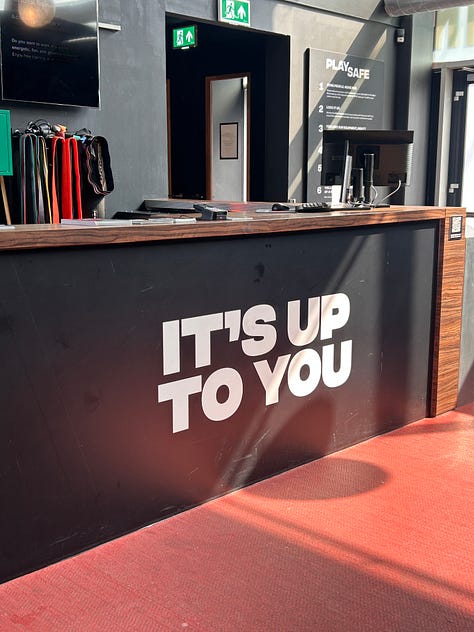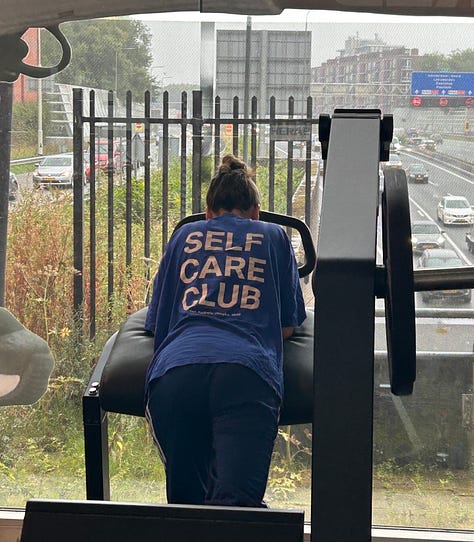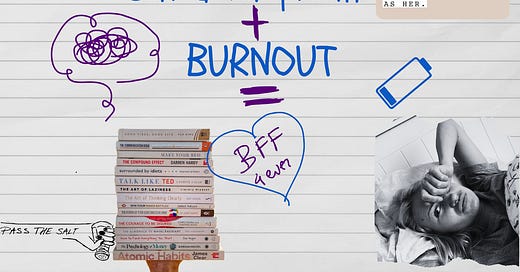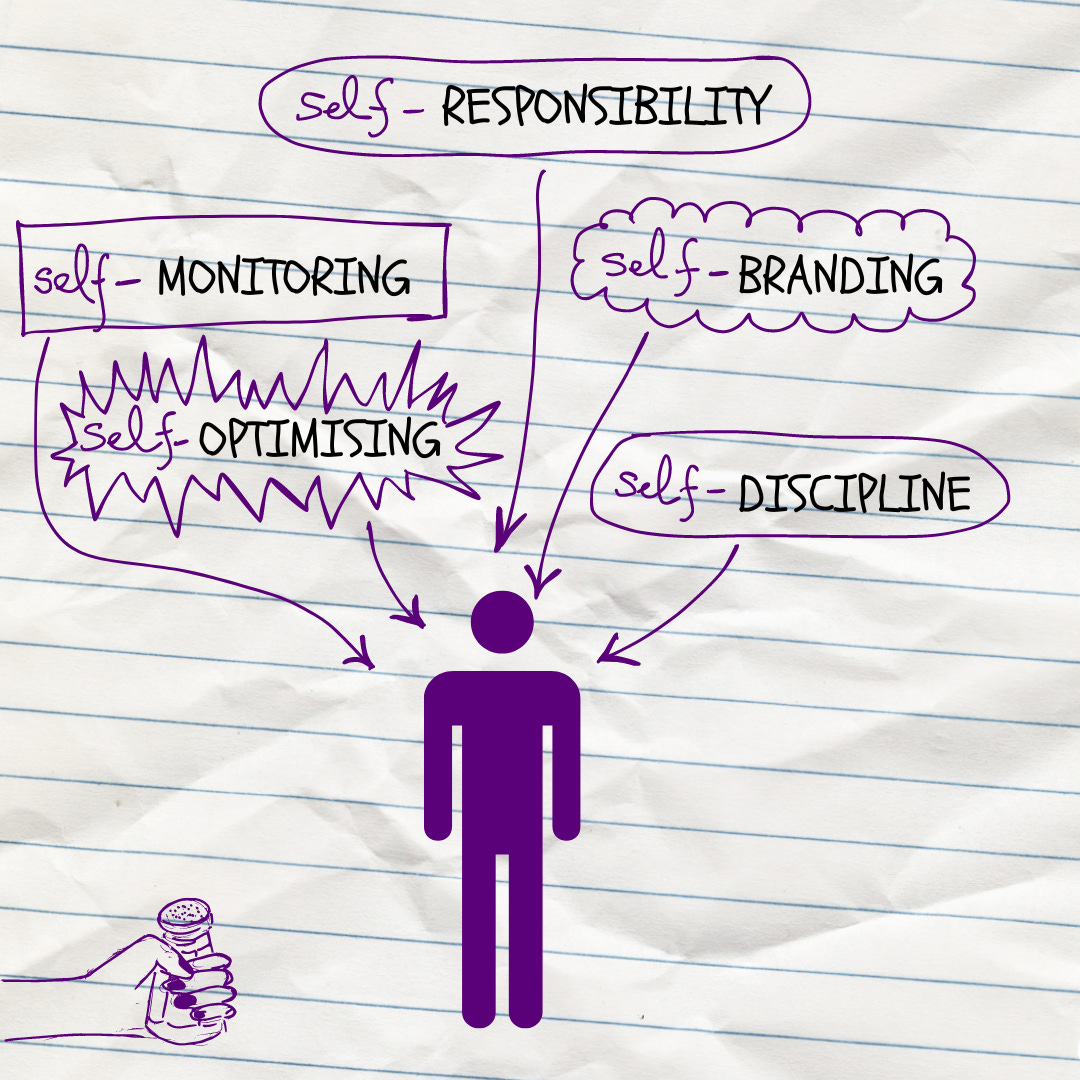Burnout is trending. Now, now before you roll your eyes, that’s exactly what the prevailing therapy-speak has done to us. Overflooded with "my therapist told me..." videos, we have grown indifferent to these terms, casually tossing words like trauma, burnout, and depression while queuing for flat whites. But anyone who’s been in that “stare at the ceiling, can’t get out of bed” state knows how detrimental it is.



Seven. SEVEN of my friends are currently experiencing burnout. Is it an Amsterdam-specific issue? Can my international friends not cope with the individualistic Dutch Protestant work ethic? No, I also know people dealing with burnout in France, Poland, and England. Is it an age thing? The gap is as wide as the age difference between DiCaprio and his girlfriends.
While most articles on burnout hastily connect it to COVID (because you can’t bite the hand that feeds you), there’s a more deep-seated issue here: the world order we live in called neoliberalism. Let me break it down for you.
In neoliberalism, every bit of our lives, both individual and societal at large, is driven by market-measurable success. Why else do you think your employer organizes time management workshops and funds your self-development book addiction? And are you really thriving if you don’t have a T-shirt brand or another side hustle?
“But people in other places have it worse," you would say, “at least we’re free.” There might not be any obvious forms of repression, but free will is illusory—we have internalized this discipline. It’s what French philosopher Michel Foucault (1997) called “technologies of the self”—we consistently monitor and optimize ourselves while thinking we are doing it out of free will. Did you really become sober curious just to avert drunk texting your ex, or did a Sunday run and the upcoming workweek play a part? It’s all about staying productive and away from the hospital bed (yes, to look hot while naked too). Gone are the days when medical care was a state-budgeted affair. We can’t afford to be sick.
A few months ago, I moved to Amsterdam. Grappling with the high rent, dilapidated housing, and how to keep up with fellow Albert Heijn shoppers sporting the latest Salomons and Acne Studios scarves, I jotted in my diary: "A hospital bed doesn't sound too bad right now. I'm exhausted from being myself."
Like self-monitoring and self-branding, our preoccupation with health (also called healthism) is amplified by social media. No wonder orthorexia—an obsession with eating healthy food—is on the rise. We turn to TikTok and Instagram to educate ourselves on how to stay healthy and care about our physical and mental well-being.
South Korean philosopher Byung-Chul Han says we live in an age of exhaustion—depression and burnout define our times: "In the self-care literature, the term healing refers to self-optimization that is supposed to therapeutically eliminate any functional weaknesses, mental obstacles in the name of efficiency and performance." Perpetual self-optimization, he says, works in favor of the ruling system and is proving very destructive.



All this to say, before you're TikToking up how to regulate your nervous system and other new ways of healing, think—what caused this anxiety in the first place? Was it okay that your manager wrote to you in caps lock today?







